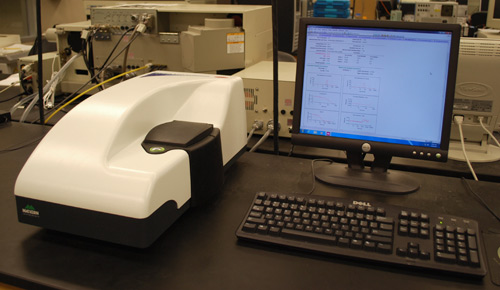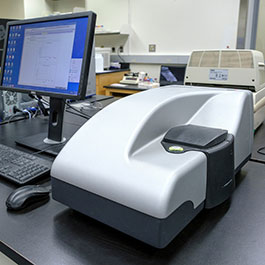
A recent study provides a novel notion that miR-200c and miR-141 contain in exosomes of mesenteric vein plasma could predict colon cancer patients with poor prognosis. Exosomes also potentially participate in the development and progression of CRC. This intercellular communication is known to be involved in various pathophysiological processes including cell proliferation, migration, apoptosis, treatment resistance and metastasis, tumor innervation and angiogenesis. In cancer development, exosomes are described as functional mediator of cancerous malignant alteration in recipient cells. A distinct feature of exosomes is that they efficiently carry and deliver molecular signatures (proteins, lipids, RNA and DNA) to recipient cells. Hence, ideal CRC-specific biomarkers are urgently required to improve the current CRC diagnostic strategies.Įxosomes, membrane vesicles of endocytic origin ranging in size from 30 to 150 nm approximately, are emerging as key players in intercellular communication between cancer cells and their microenvironment. To the best of our knowledge, carcinoembryonic antigen (CEA) and carbohydrate antigen 19–9 (CA19–9) are well established tumor markers with low sensitivity and specificity for early detection of CRC. Although there are multiple tests available for CRC screening, each method has its own limitations in terms of sensitivity and specificity. More than 60% of CRC patients have initiated the metastatic process by the time of diagnosis.

These data indicated that exosomal MALAT1 promoted the malignant behavior of CRC cells by sponging miR-26a/26b via regulating FUT4 and activating PI3K/Akt/mTOR pathway.Ĭolorectal cancer (CRC) is one of the leading causes of cancer-related morbidity and mortality. Exosomal MALAT1 also mediated FUT4-associated fucosylation and activated the PI3K/AKT/mTOR pathway. Furthermore, MALAT1/miR-26a/26b/FUT4 axis played an important role in exosome-mediated CRC progression. Exosomal MALAT1 increased FUT4 expresssion via sponging miR-26a/26b. The invasive and metastatic abilities of primary CRC cells were enhanced after exposure to exosomes derived from highly metastatic CRC cells, which increased the fucosyltransferase 4 (FUT4) levels and fucosylation not by directly transmitting FUT4 mRNA. CRC derived exosomes were isolated and used to examine their tumor-promoting effects in vitro and in vivo.

FUT4 and fucosylation levels were detected in CRC clinical samples and CRC cell lines by immunofluorescent staining, western blot and lectin blot analysis. The expression of MALAT1 was analyzed in CRC using qRT-PCR. Human metastases-associated lung adenocarcinoma transcript 1 (MALAT1) is a long non-coding RNA known to promote cell proliferation, metastasis, and invasion in colorectal cancer (CRC).

Exosomes are vesicles of endocytic origin released by various cell types and emerging as important mediators in tumor cells.


 0 kommentar(er)
0 kommentar(er)
